Deepening Your Relationship with God
Welcome to the Decalogue (root deca = ten, Greek logos = word) Project: Deepening Your Relationship with God. Memorizing lists can be challenging, but one effective method is to create a story that connects each item. In this project, we will use ten objects that point to essential truths about God and our relationship with Him, along with ten of Tang’s worship songs. As you journey through the Decalogue, you will gain a deeper understanding of who God is and develop a closer relationship with Him.
DAY ONE: Light (Source) He’s The Light Gen 1:1; Ac 17:28; Jas 1:17; Jn 3:16; Ro 15:13. Ac 4:12; Php 4:13; Jn 15:11; Col 2:3; Jn 6:35. Jn 3:5,6; Ac 1:8; Jn 16:13; Jn 14:16; 2 Co 3:18. Rev 22:13; Ex 3:14; Col 1:18.
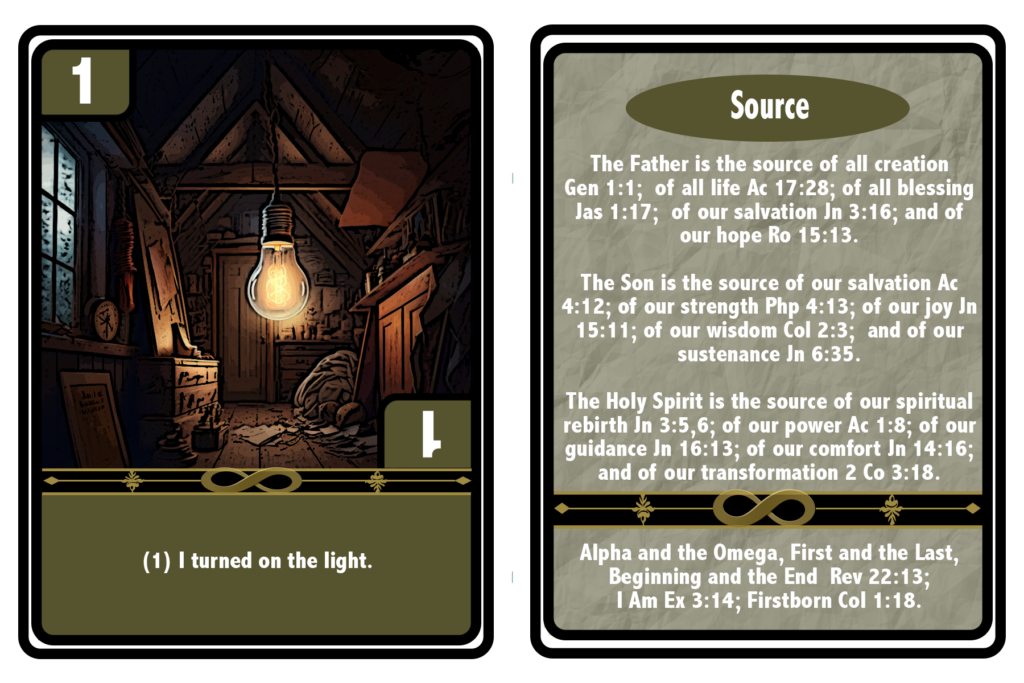
DAY TWO: Crown (Sovereign) I Am Gen 1:1; Col 1:16,17; Ro 8:28; Mt 25:46; Job 1:6-12; Col 2:15. 2 Sa 7:22; Gen 17:1; Rev 17:14.
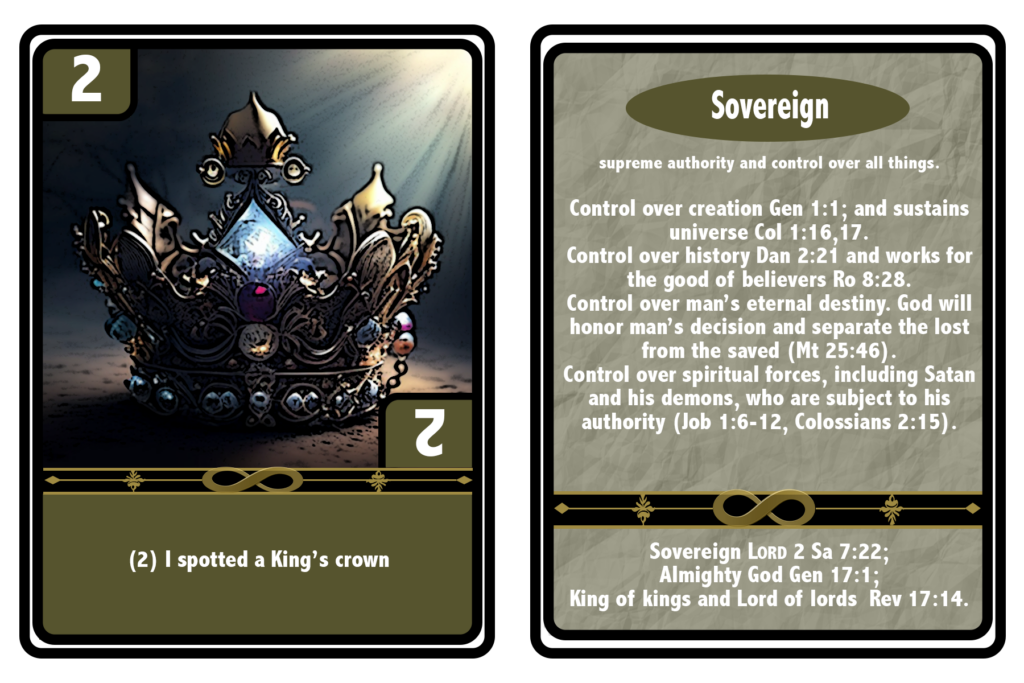
DAY THREE: Gems (Attributes) He Is Marvelous 1 Jn 4:8; Isa 6:3; Dt 7:9; Jas 1:17; Ro 11:33. Jn 15:12; Mt 9:36; Mt 11:29; Php 2:8; Lk 7:48. Gal 5:22,23. Isa 43:3; Jn 1:29; Ro 14:17.
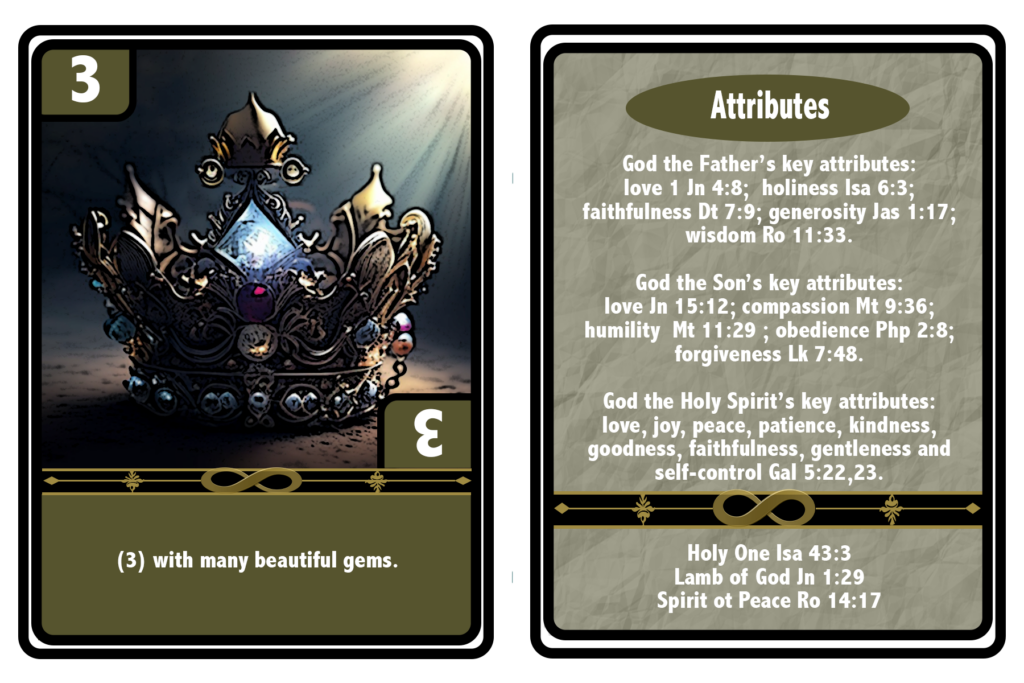
DAY FOUR: Wooden Key (Redemption) Tree of Life Ro 3:23,24; Col 1:19,20; Ro 6:22,23; Gal 4:4,5; 1 Jn 2:1,2. Ruth 4:6 BSB; 1 Co 5:7; Gal 5:1.
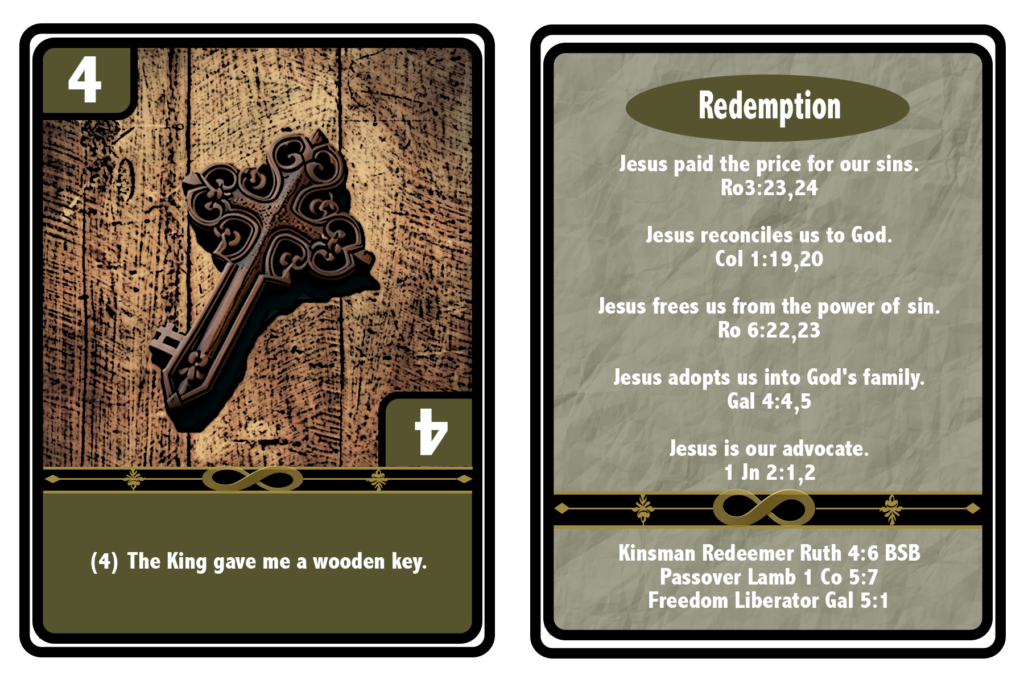
DAY FIVE: Book (Revelation) Beautiful Words Jn 1:18; Lk 24:27; Jn 8:32; Mt 4:27; Jn 14:6. Jn 8:12; Rev 22:16; Jn 1:1.
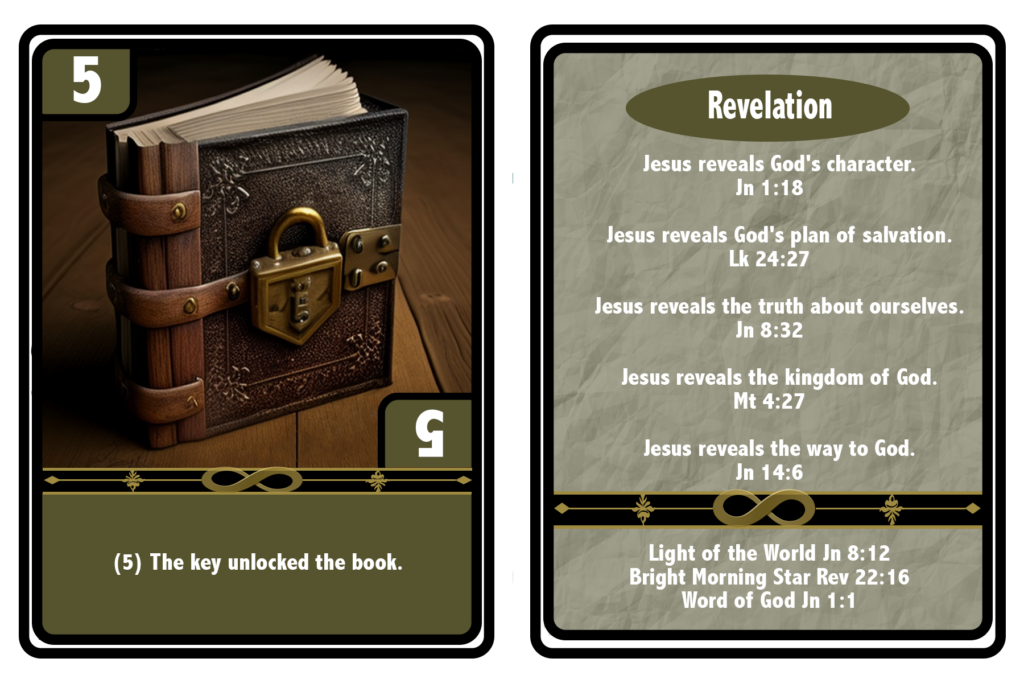
DAY SIX: Life Plan (Providence) You Rescued Me Gen 50:20; Est 4:14; Ro 5:8; Ex 3:11,12; 1 Ti 1:15. Gen 22:14; Gen 17:1; Ps 23:1.
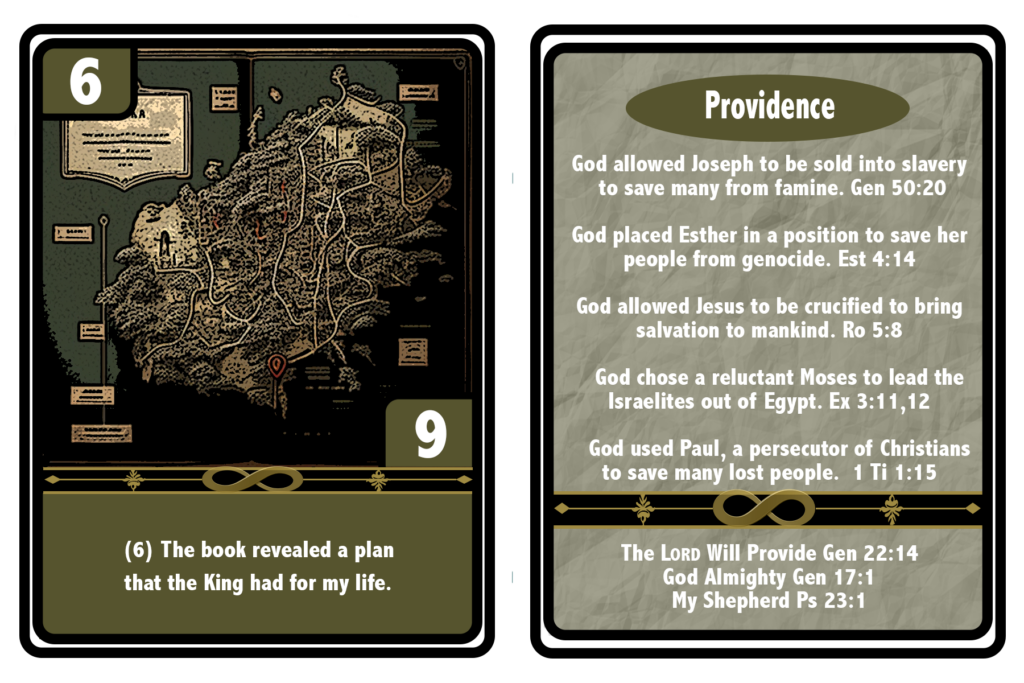
DAY SEVEN: Spouse (Confidant) What A Friend Web 4:15; Jn 14:13; Mt 11:28,29; Heb 6:17,18; Jn 15:13-15. Jn 15:15; 1 Jn 2:1; Heb 4:14-16.
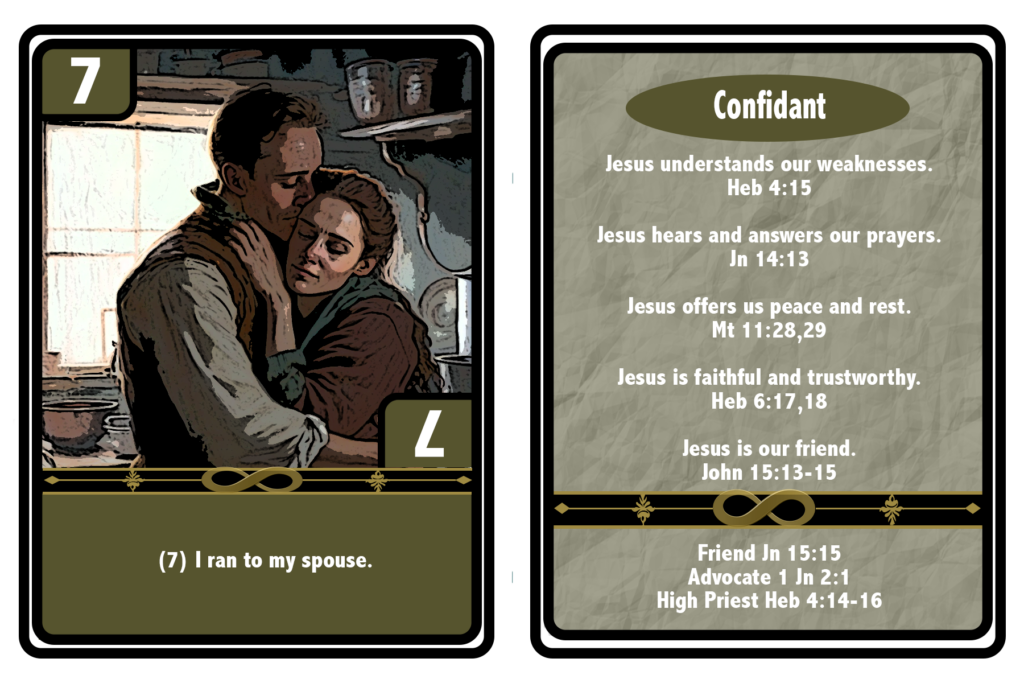
DAY EIGHT: Intimate Thoughts (Intimacy) Jesus, I Love You Eph 5:31,32; 1 Jn 1:7; Jn 14:9; Jn 15:4; Jn 17:3. Mk 14:36; Ps 23:1; Mt 1:23.
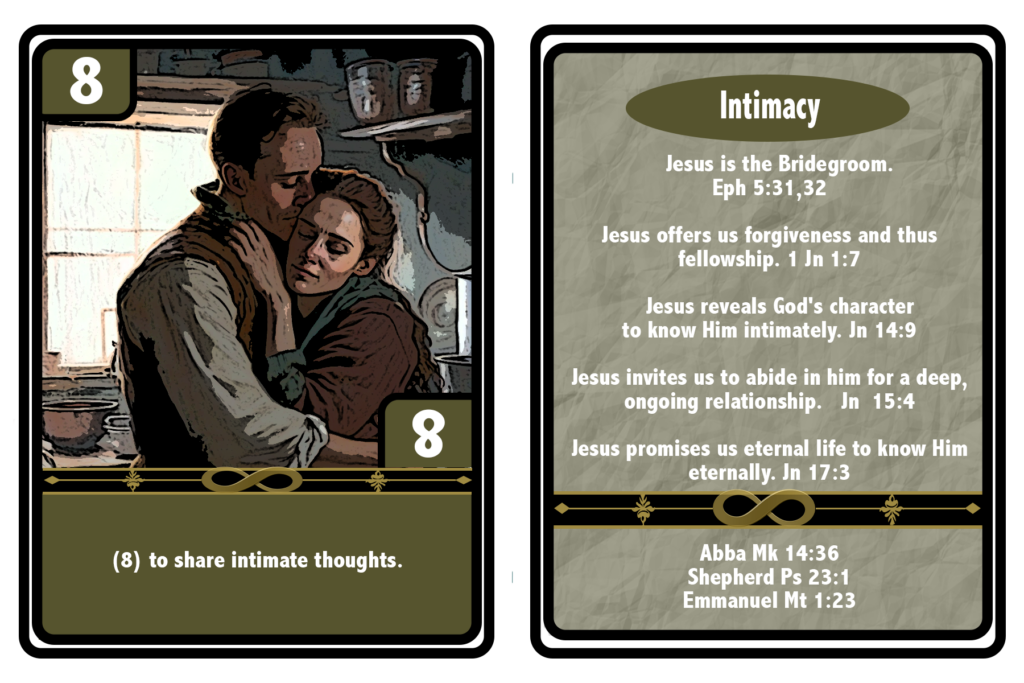
DAY NINE: Sweating (Inspiration) Dream It. Jn 13:34,35; Mk 10:45; Mt 6:25-34; Jn 10:10; Mt 16:24. Jn 10:11; Jn 14:6; Isa 9:6.

DAY TEN: Vancouver Hockey Jersey (Victory) I Will Trust 1 Co 15:55-57; 1 Jn 3:8; Jn 16:33; Lk 10:19; Jn 11:25,26. Lk 2:11; Jn 11:25; Rev 19:16.

Thoughts on Tuesday May 2, 2023.
Why John the Baptist Cried Out in the Wilderness: A Message for Today
I am a voice crying out in the wilderness, prepare the way for the Lord, make straight paths for him (Mt 3:3). Why cry out in the wilderness where no one can hear you? Wasn’t this a waste of time for John the Baptist? Why not go into the cities where the people lived? Because God reveals Himself to those who have ears to hear. Those who earnestly desire to seek God will to travel to the wilderness to hear what God has to say. In the city, the noise will drown out God’s message. There is no hope of hearing it unless one perseveres by drawing near to Him, for then He will respond and draw near to you (Jas 4:8).
- John the Baptist’s message was not meant for everyone. He was calling out to those who were willing to repent and turn away from their sins, and who were seeking a closer relationship with God. By preaching in the wilderness, he was separating those who were truly committed from those who were merely curious or seeking to cause trouble.
- The wilderness was also a symbol of Israel’s history and relationship with God. Just as the Israelites wandered in the wilderness for 40 years before entering the Promised Land, John was calling the people to return to God and prepare themselves for the coming of the Messiah. The wilderness was a place of testing and purification, where one could truly focus on their relationship with God without distraction.
- John’s message was a radical departure from the religious and political leaders of his day, who were more concerned with maintaining their power and status than with serving God. By preaching in the wilderness, John was challenging the status quo and calling for a new way of living and worshiping. This message was not welcome in the cities, where the religious and political elites held sway.
- Finally, John’s preaching in the wilderness was a fulfillment of prophecy. Isaiah had prophesied that a voice would cry out in the wilderness, preparing the way for the Lord (Isa 40:3-5). By preaching in the wilderness, John was signaling that the long-awaited Messiah was about to appear, and that the people needed to prepare themselves accordingly.
The application of this passage is to encourage believers to trust in God’s sovereignty in their witness to others. Often, we may feel discouraged when it seems that no one is interested in what we have to say, but we must remember that our task is to share the message that the Holy Spirit has placed on our hearts, and it is up to God to touch the hearts of those who hear it.
In this context, John the Baptist’s ministry in the wilderness serves as an example of how God can use even the most unlikely circumstances and locations to reach people. John’s preaching in the wilderness was not a waste of time because it allowed God to reveal Himself to those who were willing to make the effort to hear His message.
As believers, we must also be willing to weather the obstacles that Satan places on our path while drawing near to God and hearing His voice, even if it means going to the “wilderness” of our own hearts and minds. We must have faith that God exists and rewards those who earnestly seek Him, and trust that His written Word speaks loudly to those who have ears to hear.
When sharing the message of the Gospel, we should work as though thousands are watching, even if it seems like no one is paying attention. We should perform for the audience of One, seeking to please God rather than people. In doing so, we will be blessed and God will use us to further His kingdom in ways we may never know.
